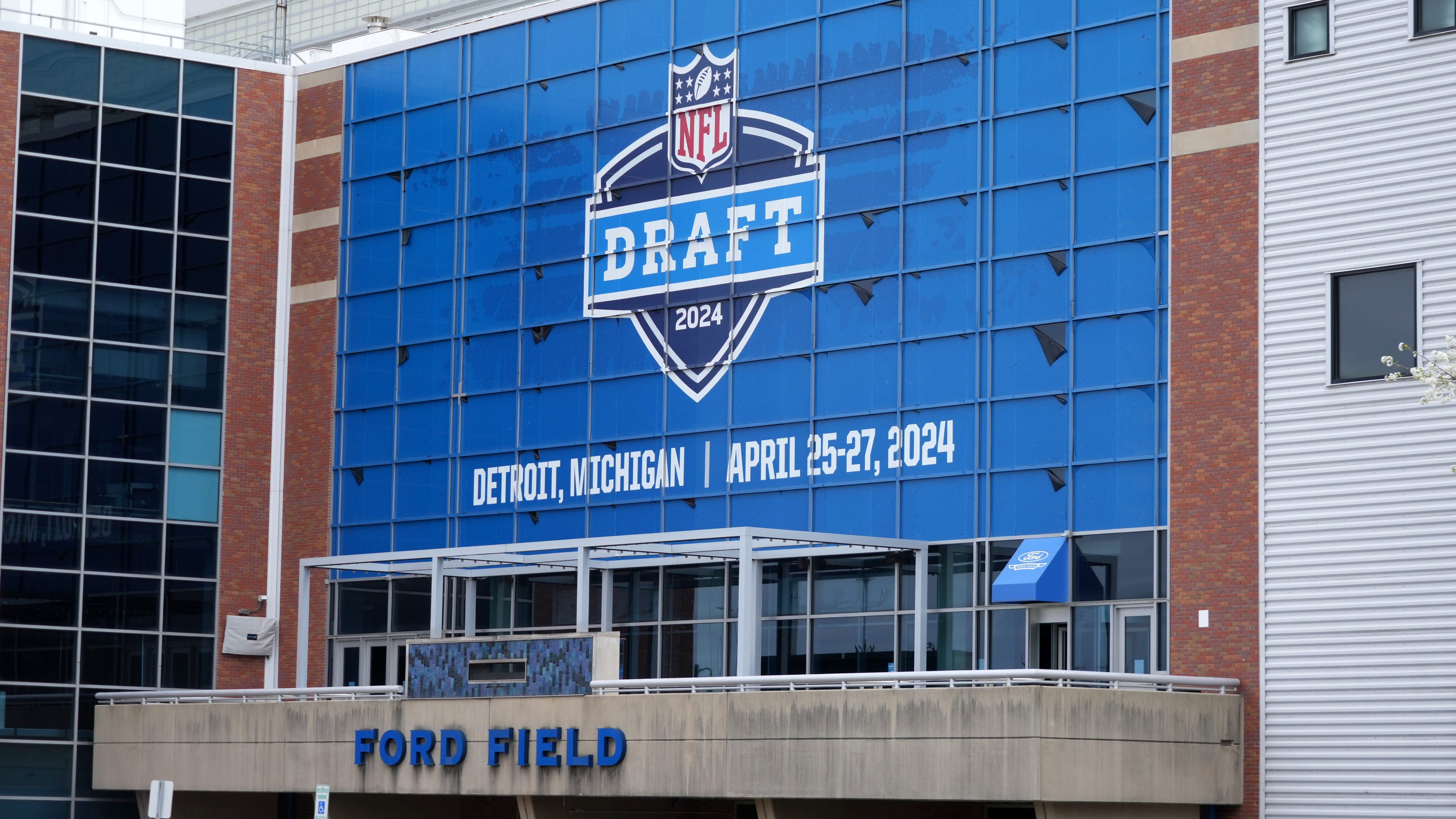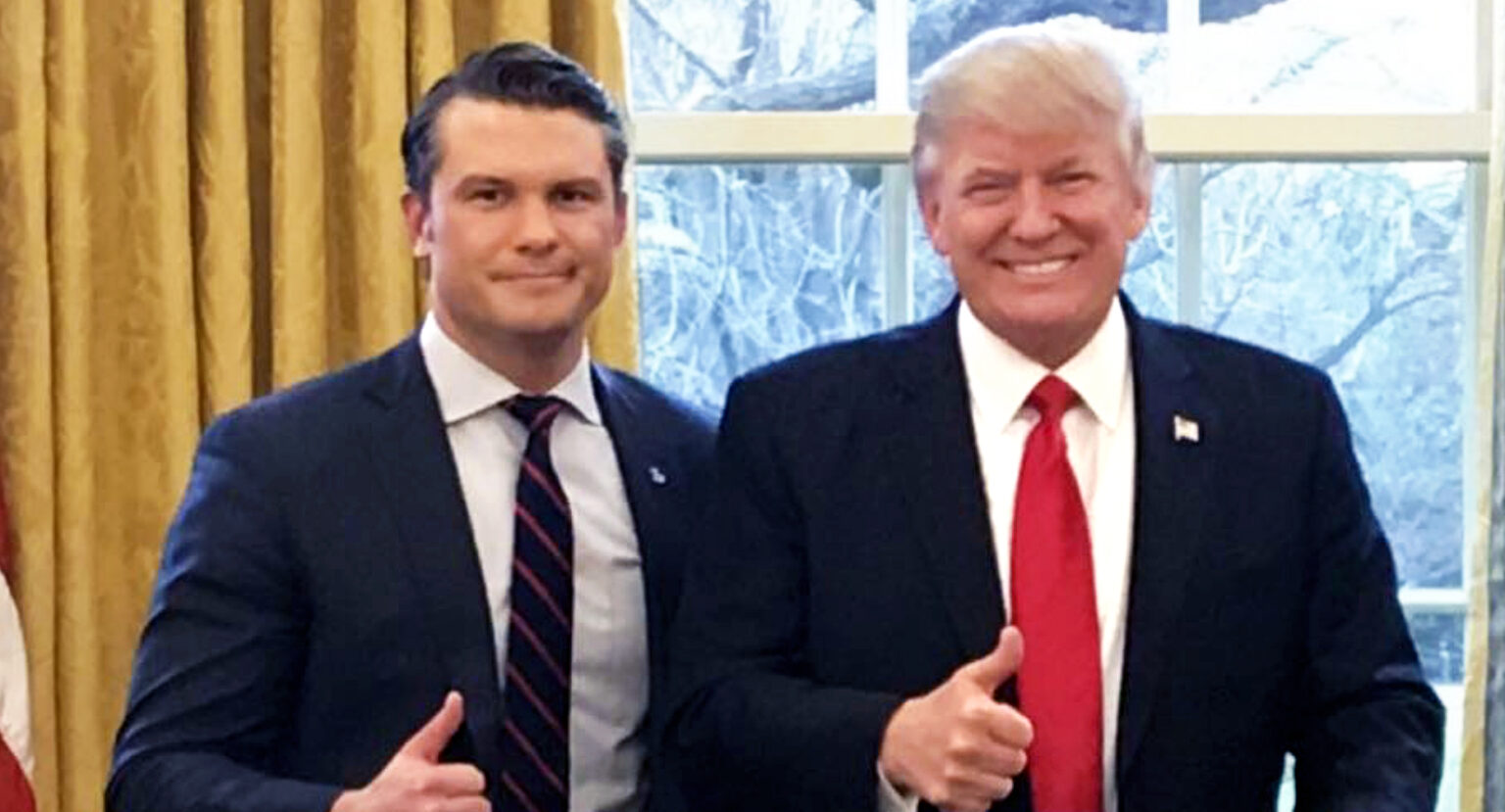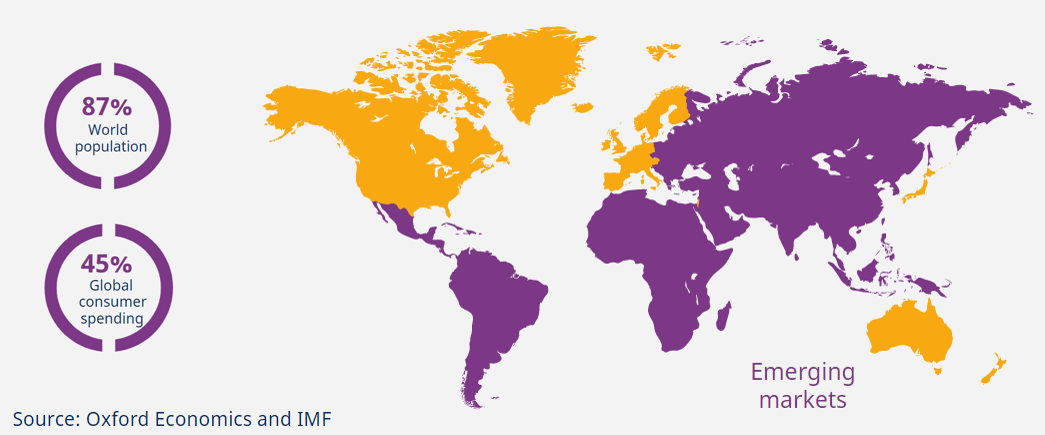FTC To Appeal Microsoft-Activision Merger Ruling

Table of Contents
The FTC's Arguments Against the Merger
The FTC's core argument hinges on preventing a potential monopoly and maintaining competition within the gaming market. Their concerns center around several key issues:
-
Antitrust Concerns: The FTC argues that the merger would grant Microsoft an unfair competitive advantage, potentially leading to market domination. This dominance could stifle innovation and harm consumers.
-
Call of Duty Exclusivity: A significant concern is the possibility of Microsoft making Call of Duty, a massively popular franchise, exclusive to its Xbox platform. This would severely disadvantage competitors like PlayStation, potentially driving players towards the Xbox ecosystem. The FTC believes this move would significantly harm competition.
-
Market Power: The FTC cites Microsoft's considerable market power and argues that the acquisition of Activision Blizzard would further amplify this, allowing them to leverage their position to harm rivals and limit consumer choice.
-
Dismissal of Claims: The appeal directly challenges the judge's dismissal of the FTC's initial claims. The FTC believes the judge incorrectly assessed the potential for anti-competitive practices resulting from the merger.
Microsoft's Defense of the Acquisition
Microsoft counters the FTC's claims, arguing that the merger will ultimately benefit consumers and foster innovation. Their defense rests on several points:
-
Innovation and Consumer Benefit: Microsoft insists that the merger will lead to increased innovation within the gaming industry. They highlight the potential for enhanced game development and a broader range of gaming experiences.
-
Xbox Game Pass Expansion: A key argument centers on the integration of Activision Blizzard's extensive game library into Xbox Game Pass, offering subscribers greater value and access to a wider variety of titles. This, they argue, benefits consumers.
-
Call of Duty's Continued Availability: Microsoft has repeatedly pledged to keep Call of Duty available on PlayStation, attempting to alleviate concerns about exclusivity and maintain its image as a fair competitor in the marketplace.
-
Cloud Gaming Competition: The company also emphasizes that the merger will boost competition in the burgeoning cloud gaming market, ultimately creating a more dynamic and consumer-friendly environment.
Potential Outcomes and Implications of the Appeal
The FTC's appeal holds significant implications for the future of the gaming industry and antitrust law:
-
Delay or Prevention of the Merger: The appeal could lead to a considerable delay, potentially even preventing the merger from being completed. This prolonged uncertainty impacts both companies and the wider gaming market.
-
Legal Precedent: A successful appeal would set a crucial precedent for future mergers and acquisitions in the tech industry, influencing how regulators approach similar deals in the years to come.
-
Impact on Market Competition: The outcome directly affects the competitive landscape of the gaming market. The availability and pricing of games, especially major titles like Call of Duty, could be significantly altered depending on the ruling.
-
Increased Regulatory Scrutiny: This legal battle could lead to heightened regulatory scrutiny of large tech companies and their merger and acquisition activities, potentially resulting in stricter oversight in the future.
Impact on Gamers
The legal battle's outcome will directly influence the gaming experience for millions:
-
Game Prices and Availability: Gamers might see changes in game prices and the availability of specific titles, depending on the final decision. Exclusivity deals could limit access for players on certain platforms.
-
Call of Duty Exclusivity Remains a Concern: The potential for Call of Duty to become an Xbox exclusive remains a major concern for PlayStation gamers, impacting their gaming choices and experiences.
-
Shaping the Future of Gaming: Ultimately, the appeal's resolution will significantly shape the competitive environment and the future of the gaming industry as a whole.
Conclusion
The FTC's appeal of the Microsoft-Activision merger ruling represents a pivotal moment for the gaming industry. The outcome will have significant consequences for competition, game availability, and pricing. While Microsoft emphasizes consumer benefits, the FTC's concerns regarding anti-competitive practices remain substantial. Staying informed about the FTC's appeal of the Microsoft-Activision merger ruling and its impact on the gaming landscape is crucial. This case highlights the complexities of antitrust law in the digital marketplace and its significant implications for the future of video game development and distribution. Keep up-to-date on the latest developments in this important case.

Featured Posts
-
 Green Bay To Host The First Round Of The Nfl Draft
Apr 26, 2025
Green Bay To Host The First Round Of The Nfl Draft
Apr 26, 2025 -
 Exclusive Polygraph Threats And Internal Conflict Shake Pentagon Hegseths Response
Apr 26, 2025
Exclusive Polygraph Threats And Internal Conflict Shake Pentagon Hegseths Response
Apr 26, 2025 -
 Point72 Trader Departure Emerging Markets Fund Closure
Apr 26, 2025
Point72 Trader Departure Emerging Markets Fund Closure
Apr 26, 2025 -
 127 Years Of Brewing History Ends Anchor Brewing Companys Closure
Apr 26, 2025
127 Years Of Brewing History Ends Anchor Brewing Companys Closure
Apr 26, 2025 -
 Open Ais 2024 Event Easier Voice Assistant Creation Tools Unveiled
Apr 26, 2025
Open Ais 2024 Event Easier Voice Assistant Creation Tools Unveiled
Apr 26, 2025
